
Reusable cup
Whether in muesli, as a crunchy salad topping, or to refine baked goods – sunflower seeds are incredibly versatile and packed with nutrients. They provide magnesium, folic acid, vitamin E, fiber, and high-quality plant-based protein.

Whether in muesli, as a crunchy salad topping, or to refine baked goods – sunflower seeds are incredibly versatile and packed with nutrients. They provide magnesium, folic acid, vitamin E, fiber, and high-quality plant-based protein.

When neighbours play loud music at home or colleagues in the office are constantly on the phone, it can be not only annoying, but persistent noise often causes stress and is harmful to health.

For many, cheese is a staple – enjoyed with bread, pasta, or on its own at the end of a meal. For centuries, it has been a cornerstone of culinary traditions around the world.

Wooden furniture is typically coated in lacquer, varnish or plastic. Natural alternatives, such as oil or wax, are more environmentally friendly, but there are other options too.

More and more people are looking not only for a healthy diet, but also a plant-based one. Yet there is no need to give up eating meat - an alternative comes from Switzerland.
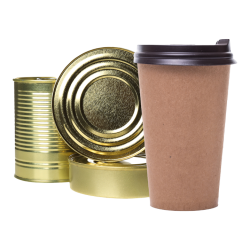
An Italian start-up is utilizing waste from tomato processing to develop an eco-friendly alternative to conventional packaging coatings. A bio-resin is extracted from tomato peels that is free of BPA and biodegradable.

Orange peel, lemon peel and coffee grounds. What do these elements have in common? They are not necessarily a case for the organic waste bin, but can be reprocessed into practical everyday helpers and beautiful home accessories.
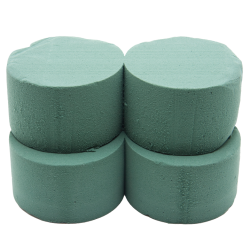
Without it, many floral arrangements wouldn't make much of an impression. Floral foam is commonly used in floristry to stabilise cut flowers, grasses, and branches in bouquets, and to provide them with water and nutrients.
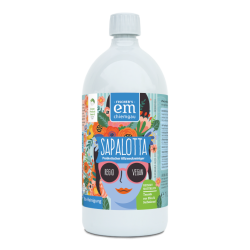
Many cleaning products are based on surfactants derived from crude oil. They have been proven to fulfil their main task of dissolving dirt and grease. Bio-based alternatives do this in a more environmentally friendly way using renewable resources.
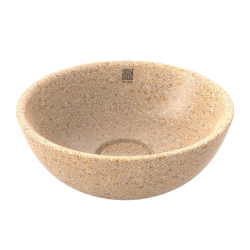
Stable, heat-resistant, scratch-proof. These are the properties that a washbasin should have. Sanitary ceramics are ideal for manufacturing the basins - but so is a bio-based composite.

Maize is first and foremost a foodstuff. Many of its plant components that are not edible are also suitable for the production of environmentally friendly products. For example, for products that bring other foods fresh to the consumer.

Most users know that the production of smartphones places a heavy burden on the environment. But protective covers made of plastic can also be harmful to humans and nature. Manufacturers use plant-based plastic alternatives to develop more sustainable products.

Kebabs to go are usually wrapped in aluminium foil. An award-winning innovative paper packaging offers a more sustainable solution.
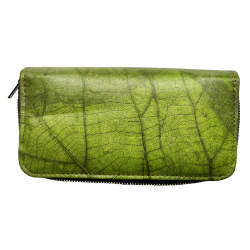
Concerns about animal welfare, the climate and the environment are increasingly prompting consumers to buy vegan imitation leather. Leave-based leather alternatives impress with their unique look and are biodegradable.

A large proportion of all items of clothing produced world-wide is made of synthetic fibres such as polyester – and the amount is rising. A German textile company is looking for alternative solutions and presents biodegradable workwear from plant based raw materials.

Reports on egg factory farms and the health condition of hens has spoilt some people's appetite for eggs. But eggs without chicken – is that possible? Innovative plant-based products conquer the market.
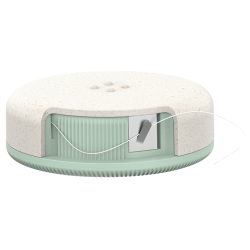
Originally, dental floss was made of natural silk. In the 1940s it was gradually replaced by the synthetic material nylon. Nowadays, products made of bioplastic continue to drive the evolution of dental floss.
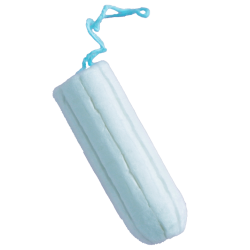
Conventional disposable tampons are made of up to 90% plastic - and are therefore not only harmful to the environment but also to the health of those wearing them. A new tampon offers a sustainable alternative.
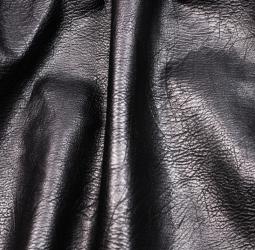
Leather is as much in demand as it is controversial - although the chemically preserved animal skin is robust and versatile, its production takes place at the expense of animals, humans and the environment - not so with a new, plant-based imitation leather.
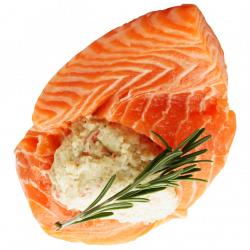
Anyone who loves fish can now leave it in the ocean and go for a slightly different salmon - made from pea protein instead of fish, 3D printed instead of caught.